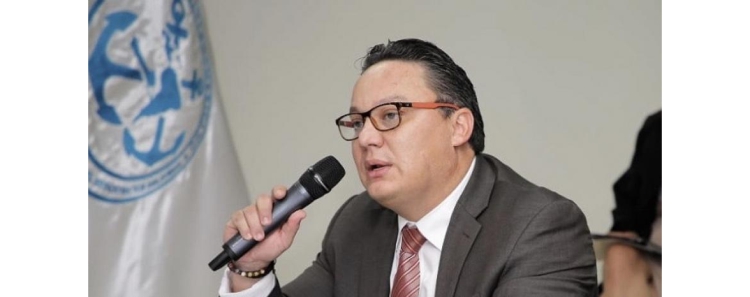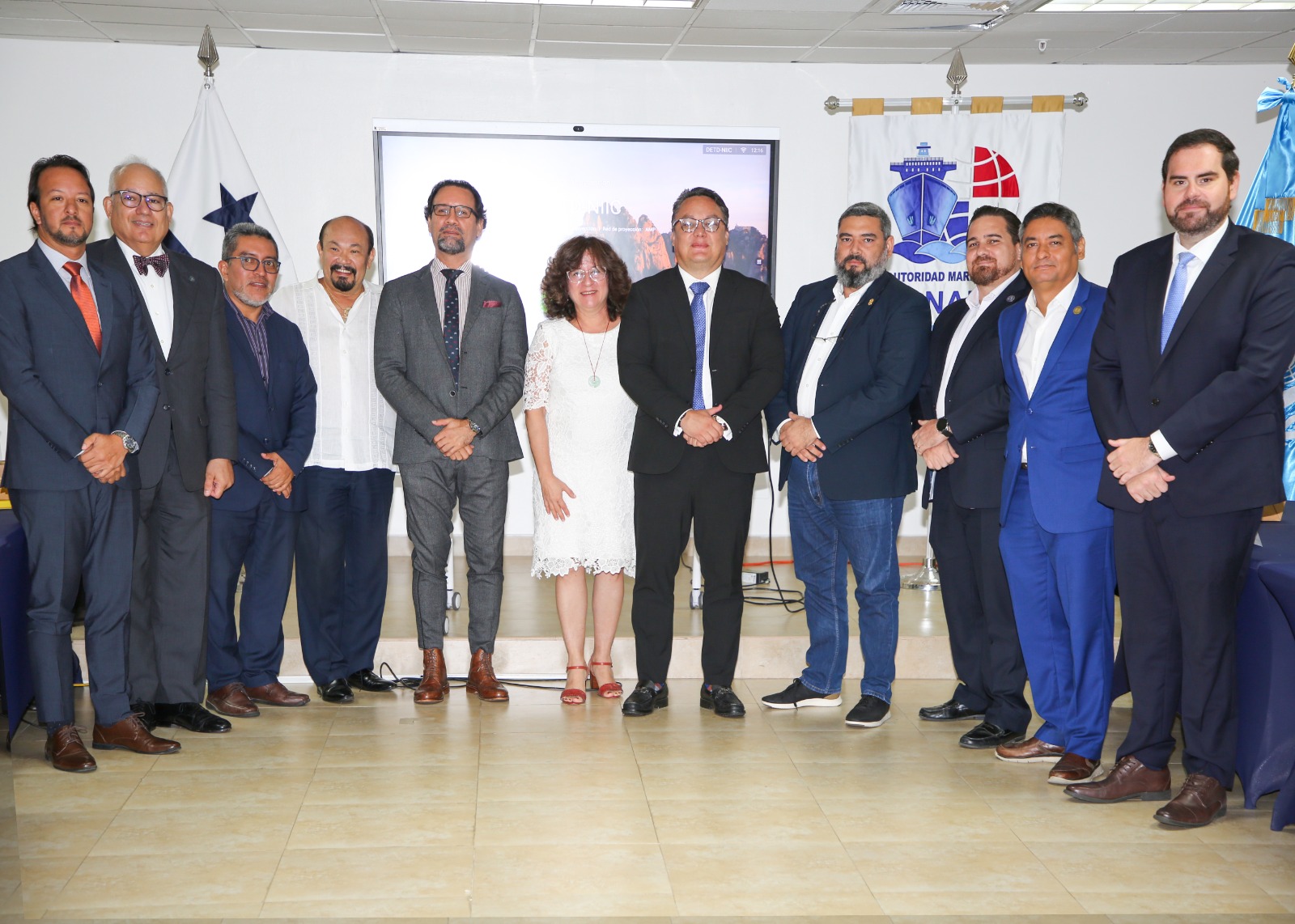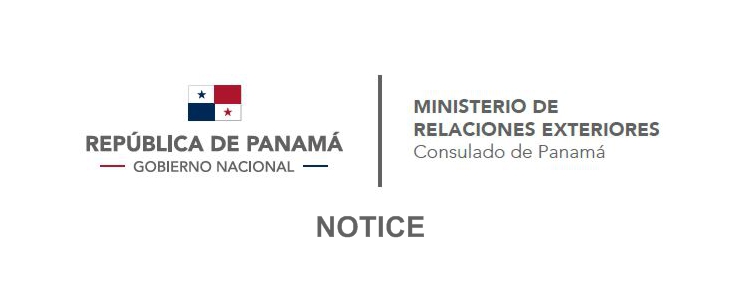PANAMA SHIP REGISTRY ANNOUNCES NEW DIGITAL MEASURES FOR COVID-19
panamaconsulate 17 April, 2020 0 COMMENTS
PANAMA- APRIL 14-2020—-The pandemic COVID-19 continues to hit the world, and the maritime sector does not escape this situation, ship owners, ship managers, ships operators, seafarers, port workers and professionals of maritime and logistics firms.
In those dramatic circumstances created by the Coronavirus crisis, the Panama Ship Registry has provided immediate responses to ships owners with its digital services. “We have been operating uninterruptedly with 100% teleworking from home, from the office and we are attending all cases required by our users,” says the director of the Panama Ship Registry, Rafael Cigarruista.
The Panama Registry is an international state-owned registry. It relies on the strength and back up of the 53 consulates offices and 13 international technical offices (SEGUMAR) located all over the globe that provides services 24/7. “We have not stopped working and bringing solutions since the beginning of the crisis,” he adds.
A number of ship owners, who had registered their vessels in small flags and considered they had not received adequate support, have recently come to Panama looking for modern and digital response, “where we can give them what they need,” comments Cigarruista.
The Registry has innovated and introduced April 13, electronic Ship Registration and electronic Radio Licenses issued by the 13 international offices and/or by the 53 consulates offices. These documents are validated through QRs and bar codes. The Registry has so far in use 10 electronic certificates, and 8 more in process.
The use of this innovative techniques includes the following features: papers less initiative – ecofriendly, documents self-protected from unauthorized editions, a unique sequential number assigned and controlled only by the Panama Maritime Authority Directorate of Merchant Marine (the Ship Registry), QR code (two-dimensional bar code), that leads to an application displaying the information of the document in a real time, thus evidencing its authenticity. So, any authority or any third party could confirm the validity of the documents scanned by a simple QR reader available in app store and/or play store at any giving time.
This goes hand in hand with the modernization plan of the registry, this is the beginning of the first stage for the complete digitalization process.
The Panamanian Consulates issue the Provisional Ship Registration and Radio License in hard copy. “With these new techniques, we are introducing the use of digital signature. Both options – paper and electronic format – are going to be kept and functional onboard so we make sure all ship´s owners and their vessels are provided with the documents they need in a real time. There will be a transition period. By keeping both options, we guaranty smooth transition,” adds the director of the Ship Registry.
The dual system of printed documents (security paper) and electronic documents will be maintained for some time until all the over 8,000 vessels registered are migrated to electronic registrations.
We have been very active as a flag state. Panama Ship Registry has developed several actions with respect to the COVID-19. Around some 500 vessels have requested support for which the 13 International Technical Offices – Segumar Offices – have granted authorizations, extensions, special authorizations, due to COVID-19: Seafarers Employment’s Agreements; Equipment (LSA / FFE ) Inspection extension; Dry Dock Extension (under case by case bases); Conditional Certificate granted; Statutory Certificates Extensions; ISM & ISPS Audit Extension; Crew Dispensation; Revalidation of Certificates; Non-Compliant Fuel Oil and Reinstatement.
Those extensions provide ship owners with the necessary valid documents during the time of the crisis, so their operation continue further.
In addition, the Panama Ship Registry has reviewed the application of about 7 Recognized Organizations (RO´s) and has granted the authorizations for the implementation of the remote survey methods/scheme, “which is done on a case by case basis,” he explains. With regards to Flag and Port State inspections – monitoring and closure stages -, carried out remotely, “we are doing this from long time ago, so we are 100% operational,” says Rafael Cigarruista.



